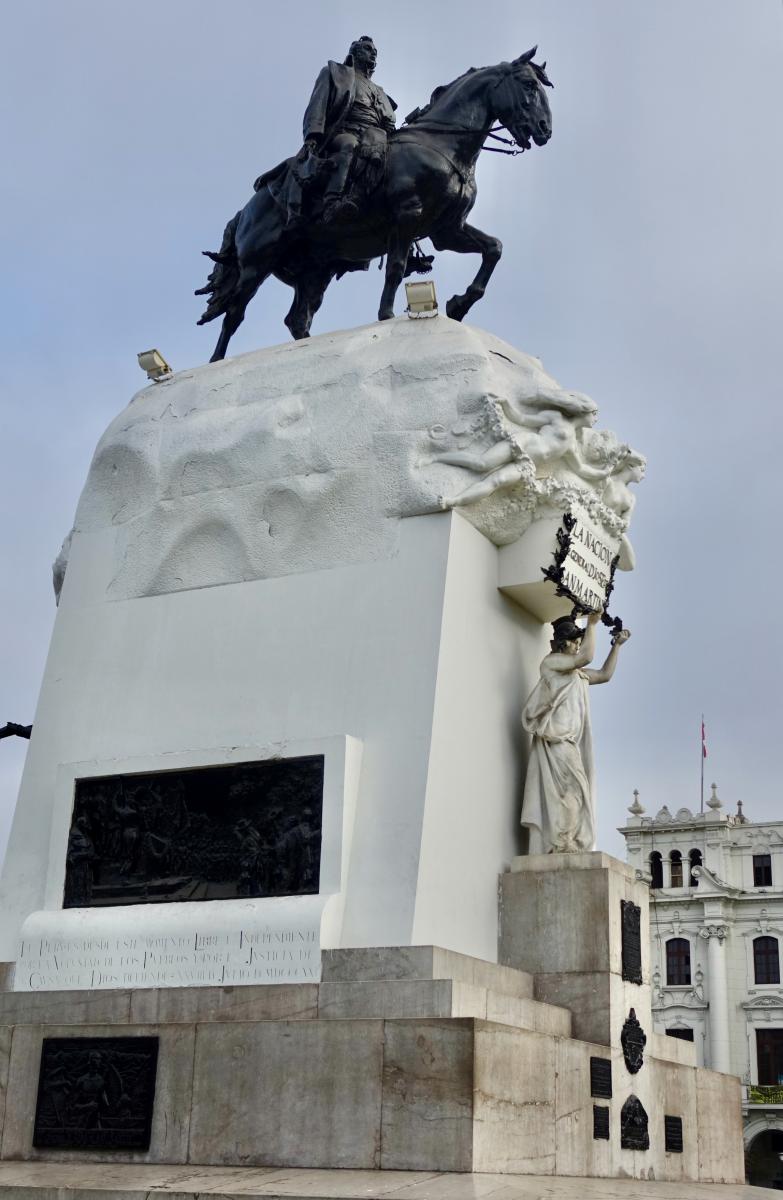History
Tulane University is a liberal arts institution founded in 1834. Its academic mission has been identified historically with its region. The latter includes the Mississippi River and Gulf-Caribbean basins as well as the Atlantic and Pacific Worlds linked at the isthmus in Panama. Tulane’s programs have evolved as partnerships with these regional neighbors linked by history and shared inheritances.
Tulane has a long-standing special strength in the study of Central America and Mexico. This concentration originated in a turn-of-the-century gift of a large Mesoamerican library, which became the foundation for the Latin American Library’s holdings of resource materials on Guatemala, Honduras, Belize, El Salvador, Costa Rica, Nicaragua, and Mexico, which are internationally distinguished.
In the early part of the century, one of Tulane’s first internationally prestigious program was the Middle American Research Institute, which was founded in 1924 to conduct “advanced research into the archaeology, history, tropical botany, and natural resources and products of countries facing New Orleans across the waters of the south.” Tulane’s identity and destiny were to become one with this early exemplar of its institutional leaders’ commitments to create knowledge and provide service to a region whose boundaries transcended the geopolitical frontiers of the United States. Archaeology, anthropology, history, political science, literature, biology, and earth sciences formed the core disciplines in the College of Liberal Arts and Sciences, while the Schools of Law, Business, Engineering, Medicine, and Public Health developed truly Pan-American programs in the early twentieth century.
Although Tulane expanded its scope to all of Latin America after World War II, the Mesoamerican strength remains and the Stone Center acts as a sort of brokerage for relations between Mesoamerica and the United States. A steady stream of Mexicans and Central Americans come to Tulane for training, as Fulbright Professors and to use our library. Specialists on the region can be found in most departments and the university has produced several hundred dissertations and theses on Mesoamerican subjects. Every summer there are well over 100 Tulane faculty and students at work in the region, whether in archaeological excavations, Maya intensive language program in Guatemala, or dozens of National Resource Center-financed individual research projects.
Our program is today comprehensive with faculty in almost every region and discipline essential to understanding Latin America. The Mississippi-Gulf-Caribbean region is the epicenter of cultural and historical converging and radiating flows of a vast cultural and geographic network embracing Europe, Africa, the Pacific Rim, and North and South America. Today, Tulane University has active programs in African and African Diaspora Studies, the Atlantic World, Comparative Southern Studies, and Cuban, Brazilian, and Francophone Caribbean Studies. The Payson Institute for Applied Development and Technology Transfer offers courses on its New Orleans and Washington D.C. campuses and operates a federally-funded third world disaster center. Our Schools of Law, Business and Public Health and Tropical Medicine operate field programs in every region of Latin America.
Nationally, few institutions of Tulane’s size compare in the number of faculty, graduate students, undergraduate majors, library holdings, and support for research dedicated to the support of Latin American studies across the university. When viewed in relationship to the percentage of the relatively small available pool of institutional resources e.g. faculty, students, library holdings, and budget, Tulane’s commitment to Latin American Studies is comparable or superior to institutions such as Stanford and Duke, among private universities, and to the University of Texas and the University of California at Los Angeles, among large public universities, whose faculties and student bodies are three to five times larger.
Tulane is also a top producer of graduate degrees that focus on Latin America. Since the mid-l960s, over 300 students have graduated with an interdisciplinary M.A. degrees in Latin American Studies and have gone on to positions in the public and private sectors, and for additional training in the disciplines and professions. Almost forty have graduated with the interdisciplinary Ph.D. in Latin American Studies since the late l970s. Virtually every one of these graduates is working or has worked in the field. A few placements include University of New Mexico, University of Texas, Smith College, Middlebury College, Banco de Bilbao, Harvard University, U.S. Agency for International Development, and some seven Mexican universities.